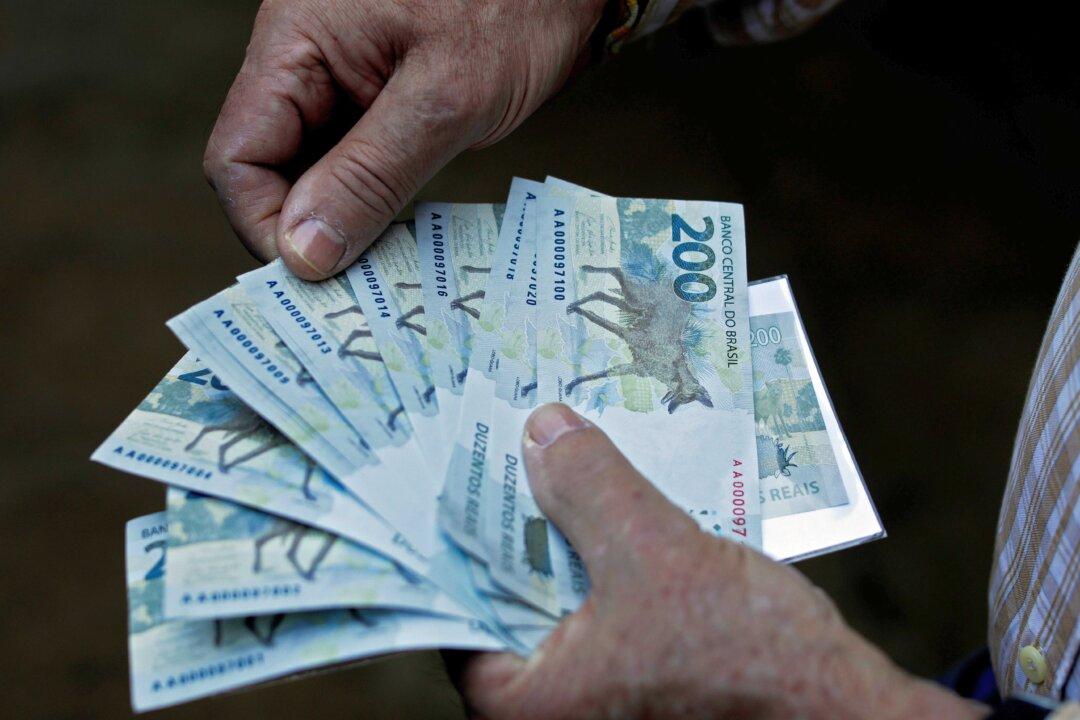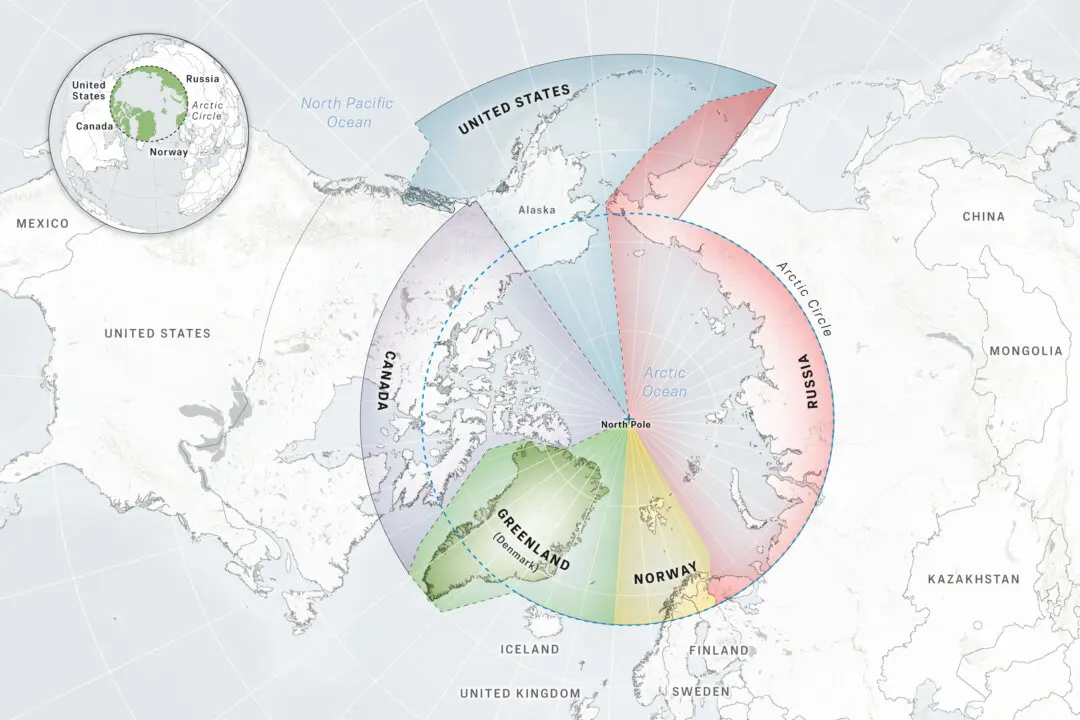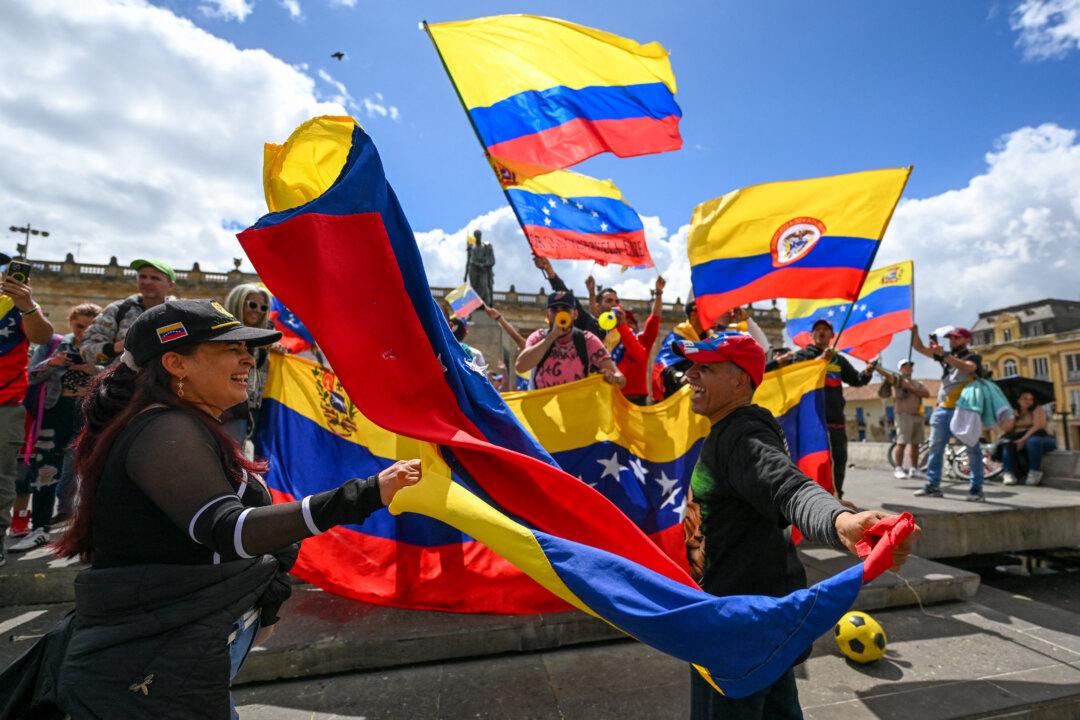With inflation hitting 10 percent, Brazilians are dealing with significantly higher electricity and food prices, brought about by the economic consequences of pandemic restrictions and a historic drought.
The country’s National Confederation of Commerce of Goods, Services, and Tourism (CNC) published a list of 15 common consumer goods that contributed to the significant inflation rate, which hit double digits as of September this year.





